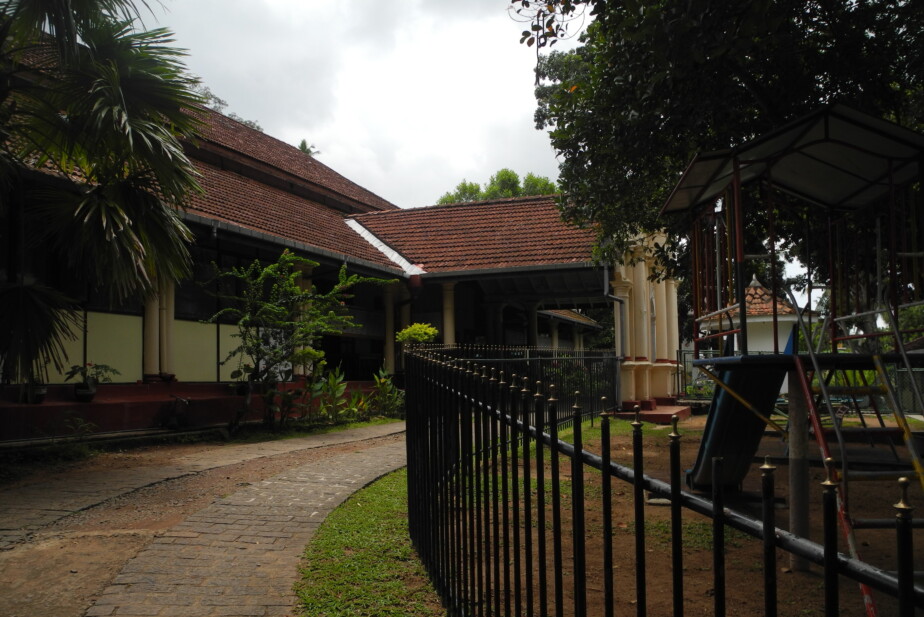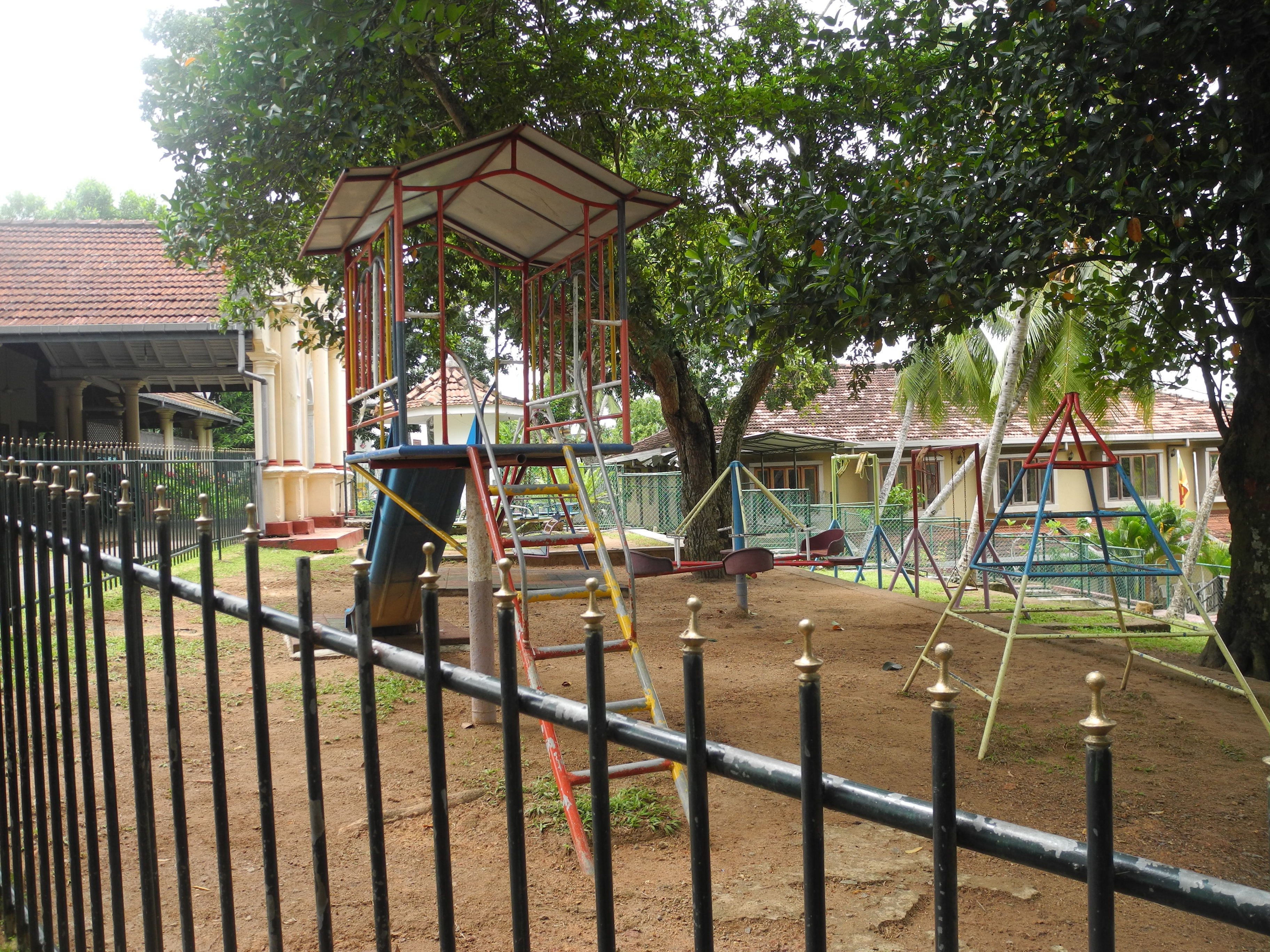
by Gabriela Aleman
I’ve been working at the orphanage for a month now and to say it has impacted me would be a gross understatement—it has changed my perspective entirely. If you asked me before I left how I thought the orphanage would impact me, I would have said that the kids were going to teach me how to love in a different way. And while that certainly is happening, the children aren’t the only teachers; the workers themselves have taught me a very important lesson.
I want to give a round of applause (though they deserve much more) to the women who are the main caregivers at this orphanage. They work crazy hour shifts throughout the week looking after about ten babies and thirty toddlers, all aged three and under. The other volunteers and I work four hours every day and we’re exhausted by the end of it; these women do this 24/7 all year long. If anyone can teach me about dedication and sacrifice, it’s these women.
Now, the conditions at this orphanage are not ideal. There isn’t enough money to provide diapers for all the children, so they poop and pee their pants whenever they feel the need, or simply whenever they want attention from one of the volunteers. Every time this happens, we scramble around to clean up the mess and whisk them away to the bathroom, where we wash them off and give them clean clothes. The clothes themselves are tattered and sometimes too small or big for the diverse children.
Flies are abundant in the bathroom and the children’s large play pen. Most of the children don’t realize that slipping and sliding and slapping around in puddles of pee isn’t a desirable activity. The workers usually smack the children on the arms or legs in order to avoid this, and usually it works. I notice that most of the children learn to stay away, but there are always the troublemakers who do the opposite of what you tell them and laugh as you get more frustrated.
Past volunteers though have had problems with the workers. The women speak little to no English, so they have to yell to get our attention. This, coupled with how they smack the children or sometimes handle them roughly, has not gone over well.
I promised myself before starting that I would try to understand these women’s roles as caregivers from their perspectives. Even though I was painted a picture of the workers as being cruel and scary and uncooperative, I was careful not to come in as a Westerner who thinks she knows better about how to take care of children, because I certainly don’t. What I’ve found is that the workers assume the hardest role—the disciplinarians. While the volunteers play and give love and attention to the children, the workers are there to nourish them and teach them values. When we volunteers yell “epah!” (the Sinhalese word for “don’t!”), we find ourselves repeating it until our faces turn blue. When a worker yells it, they immediately obey.
While some of the volunteers interpret the women’s actions as a sign of a lack of love, I see their actions as a form of fairness. By being tough and demanding on all of the children, they’re ensuring that they get equal treatment. That might be the most important lesson I’ve learned so far, and the one I admire most. Between the other volunteers and I, we have our favorite and not so favorite children. Sometimes, we treat a handful obviously better than others. That is doing them an injustice and I’m striving to be more like the workers. Discriminating is easy; being fair and patient with all the children, even the ones that cry and pull your hair and refuse to stay still long enough to put pants on—that is real sacrifice and dedication. That is real love.


